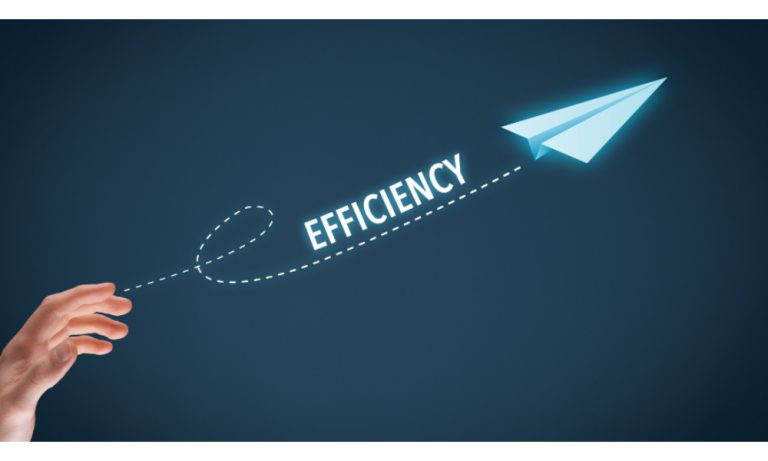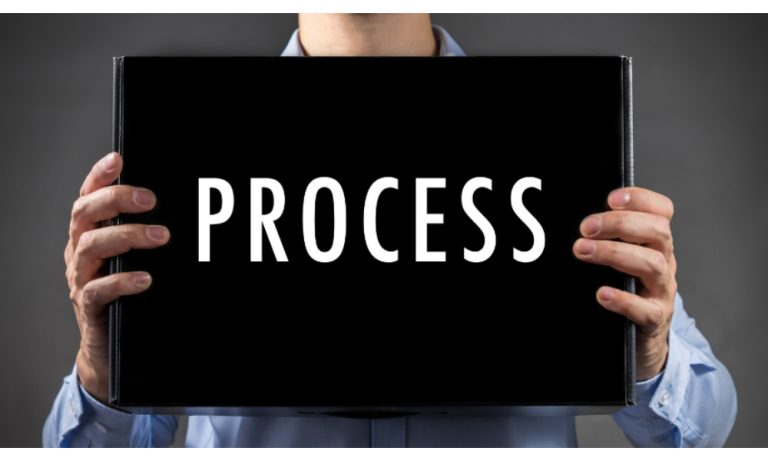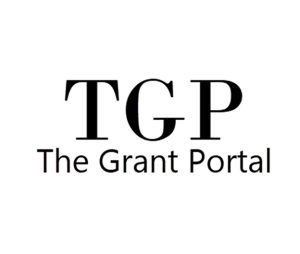Mental and behavioral healthcare practices are continuously evolving, with new technology playing a significant role in transforming the way care is provided. One key development in recent years is the use of Electronic Health Records (EHR) for addiction treatment providers, which has greatly improved the efficiency, coordination, and overall quality of care. This article explores the various benefits of adopting EHR systems within behavioral health and addiction treatment centers.
Streamlining Workflow with EHR Systems
One of the most prominent benefits of integrating EHR systems in treatment centers is the ability to streamline the daily workflow for healthcare providers. Managing a patient’s record, from intake forms to progress notes, can be a time-consuming process when done manually. Using EHR systems saves time by automating many of the administrative tasks that would otherwise require a significant amount of manual labor. With ample time saved, providers can attend to more patients more effectively, resulting in a higher quality of care.
Enhanced Security and Compliance for Patient Data
EHR systems offer secure storage and management of patient data, decreasing the risk of unauthorized access to sensitive patient information. In addition, they come equipped with robust safety features such as user authentication and encryption, which help ensure the highest level of security for patient data. By incorporating built-in safeguards, EHR systems enable treatment centers to remain in compliance with regulations like the Health Insurance Portability and Accountability Act (HIPAA).
Improved Coordination and Collaboration among Healthcare Providers
Another significant benefit of using EHR for addiction treatment providers is the ability to seamlessly collaborate and coordinate care among different providers within a practice or across multiple facilities. EHR systems facilitate the sharing of patient data, including treatment plans, medical history, and progress notes, resulting in fewer errors and enhanced communication among healthcare providers. This improved coordination and collaboration lead to better patient outcomes and overall satisfaction with the care they receive.
Data-Driven Decision-Making and Outcomes Analysis
EHR systems provide valuable insights into patient outcomes and the efficacy of different treatment options. Using the vast amount of data stored within these systems, providers can analyze trends, identify emerging issues, and assess the overall effectiveness of their current treatment approaches. This data-driven decision-making process allows providers to continually refine their care strategies and improve patient outcomes.
Increased Patient Engagement and Empowerment
Finally, EHR systems can empower patients by giving them access to their own medical records and treatment information. These systems offer user-friendly patient portals, allowing individuals to self-manage their healthcare and engage more actively in their treatment regimens. This increased engagement can lead to improved adherence to treatment plans and higher overall patient satisfaction.
To Conclude
The adoption of EHR systems has revolutionized the way mental and behavioral healthcare providers deliver care. Through streamlined workflows, secure management of patient data, improved coordination among treatment providers, data-driven decision-making, and increased patient engagement, EHRs & EMRs for treatment centers offer numerous benefits that significantly enhance patient care and health outcomes. As technology continues to advance, it is essential for addiction treatment and behavioral health providers to embrace EHR adoption, ensuring they remain at the frontier of providing the highest quality care to their patients.


















